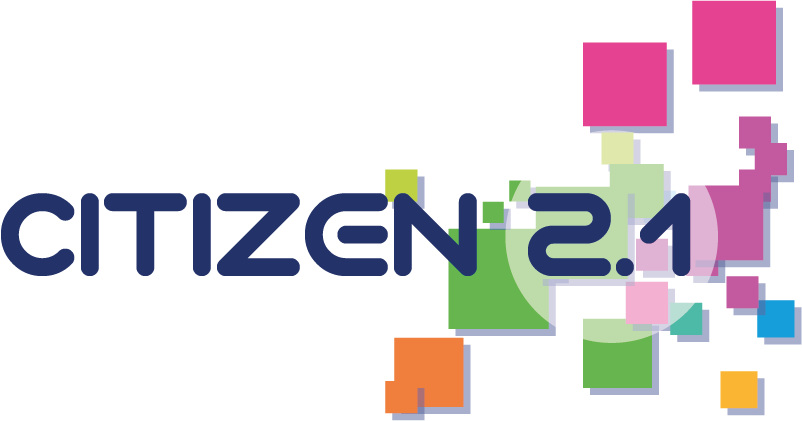Presented by Laurent Gall, training coordinator: Alimento
distance learning; analysis of resources and digital maturity of companies;
Virtual reality
Alimento brings together sectoral services for food companies (including those involved in food processing), their workers, bakers and teachers.
It brings together 500 professions, 26 branches, 95,000 employees (bakery is the most important branch, bringing together ¼ of employees)
Alimento, in the framework of a partnership with the EFP, brings its expertise in consulting, research and development, for alternation and retraining.
They produce about 10,000 hours of training per year, available at: www.foodatwork.be
Alimento, through Forma Distance plus, provides companies with a tool to assess the degree of commitment in providing their employees with a training path focused on digital in 4 components and operational objectives
The process takes place over 18 months, with 3 audits in total
a first audit is performed to see if the company is ready to invest in a project (digital maturity of the company)
creation and provision of tools
implementation of the training path
improving the digital learning culture (experience sharing)
The Formadistance platform contains more than 100 training modules that can be accessed remotely (virtual classes, webinars), 8 e-learning tools and 21 self-learning modules. In 2020, more than 6800 hours of training have been done remotely. In 2021, an investment is made in virtual reality on 2 tools:
Malfunction on a bottling line, what to do? (this module applies to many products: milk, beer, mineral water…)
Learn the right gestures (sampling, surface disinfection…).
The next step is ‘blended learning’, cooperation between employees and recruiters. The partnership project will be extended to Austria (after France, via OCAPIAT). It is planned to join the ‘UpSkills Wallonia’ project (UpSkills Wallonia aims to complement the digital transformation actions of companies with a skills’ development component. The methodology makes it possible to identify the positions at risk as well as the profiles which, by means of an increase in competence (UpSkilling), or even a reorientation (ReSkilling), could integrate the new or strongly transformed positions. UpSkills Wallonia is therefore banking on internal mobility to respond to the growing problem of shortages of qualified profiles on the job market).
